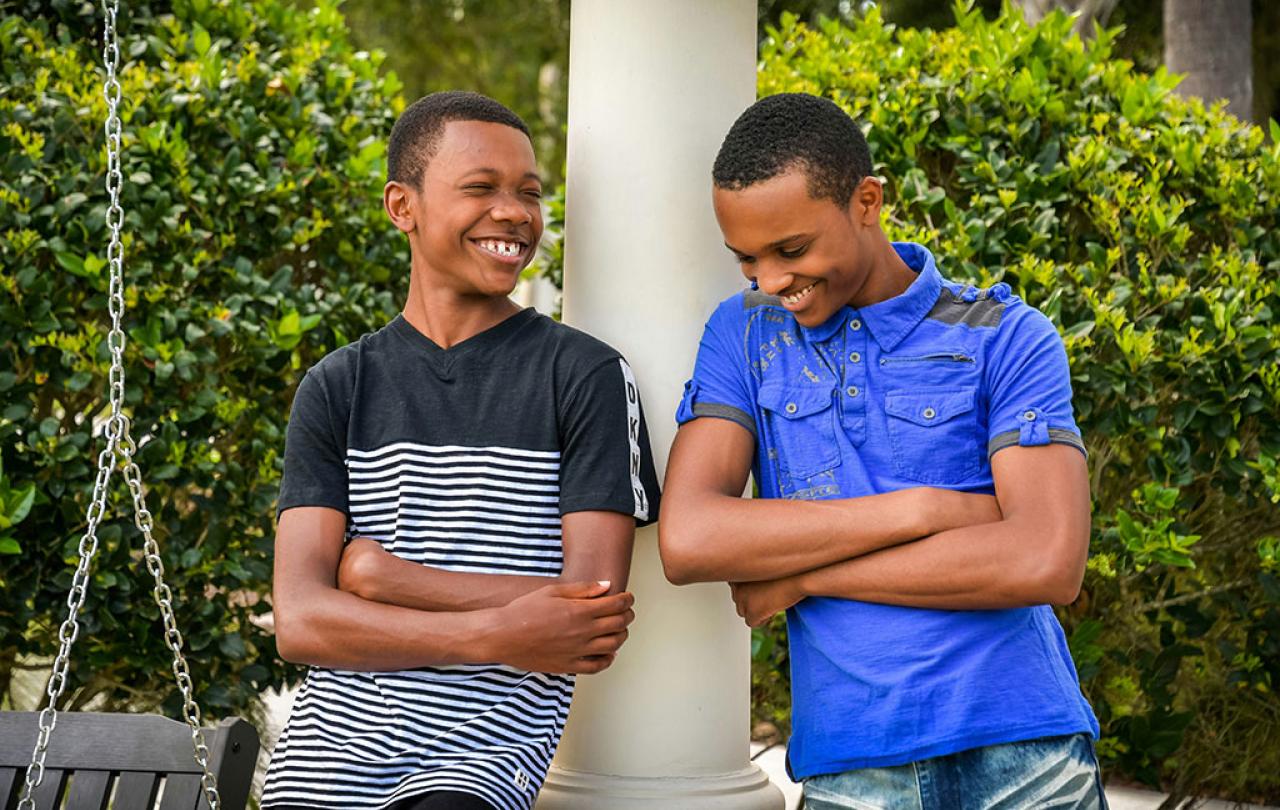
It’s one of the sad facts of life: that many of us at some point will see our parents get old and fade away. Sigh. It doesn’t matter how well prepared you are or how much you’ve thought about it before hand, the reality of a fragile mum or an exhausted dad can break your heart.
I’ve talked to my parents about this for years here and there. We’ve done lots of joking about seeing them off with a pink pill in the sherry, or ‘it’ll be a pillow for you Pa, if you’re too annoying’ – type thing. But when they left after Sunday lunch a couple of weeks ago, I had to clutch my husband. He lost his own mother last year… we’re still fluttering around the gap she’s left in our family. And now there’s my beloved olds too, looking diminished and moth eaten and moving at crepuscular speed. Ask Dad how he is these days, and he says ‘Old, dear’, and won’t elaborate further.
I can cope with this when it’s in short bursts. Visiting them for lunch or taking them out on a trip is OK and manageable, and there is still joy in family occasions. Mum’s birthday was full of love, even though she took all afternoon to open her cards and became hopelessly confused about who’d given her what.
But staying with them… that’s hard. Seeing the dust thick over the spare room; worrying about just how long that bowl of leftovers has been in the fridge. I whip about as unobtrusively as I can, scrubbing the bottom of the washing up bowl or putting their jerseys in a wash. I don’t want to be annoying – they won’t accept help and I’m not going to push – but it makes me sad. In particular I hate that my mum is in constant pain from crumbling bones, and that dementia has stolen her mind. Also, that as a consequence, Dad is irritable with her; he who has always adored her so much.
I could picture them vividly, the feathers, soft and heavy and beautifully patterned like an owl’s, and imagine I was peering out through them at Mum’s pain.
Since childhood, I have struggled with the burden of other people’s suffering. I sometimes wonder if I’m exaggerating when I think about how much I mind, but I don’t think I am. I can only manage if I’m really ready for it. With my counselling clients that takes the form of very firm boundaries, regular supervision, colleagues to talk to etc… but with family it’s much harder. It’s just your own naked, soft-bodied self-shrinking from all the nettles and thorns – like a hermit crab without a shell.
So when I went down to Mum and Dad’s this time, I felt the need to prepare. ‘Put on the armour of light,’ St Paul says, which sounds just the thing. I hardly slept last time, tossing and wriggling through small-hour horrors with my neck hurting and a feeling of tears not being far away. What to arm myself with though?
The answer came in the form of an ancient poem - Psalm 91. I was listening to a Premier Radio presenter who is a pastor – a big, tattooed fellow with rings in his nose and lip – and he said it was his main defence when his wife was diagnosed with cancer. So, I looked it up, and I loved it. It was all about how the Lord will cover you with his wings and keep you safe from the terrors that visit in the night and the pestilence that stalks by day, or words to that effect.
Malcolm Guite (a poet and priest whose writing I love) says you have to treat Psalm 91 with care: it was the one Satan tempted Christ within the wilderness, challenging him to throw himself from the temple roof and God would send his angels to catch him (as it says in the psalm). It’s not to be taken literally, this psalm: you can’t deliberately put yourself in harm’s way and expect to be immune because you’re a Christian, like some of the vehement anti-vaxxers around the world who think faith alone will protect them from lethal diseases. But the message is that if you put your trust in God, he won’t let you be damaged in any important or lasting way by the evils of the world.
I memorised as much of it as I could. And then when I woke in the night – inevitably – with the dread hovering over me, I kept thinking, ‘The Lord will cover thee with his feathers’. I could picture them vividly, the feathers, soft and heavy and beautifully patterned like an owl’s, and imagine I was peering out through them at Mum’s pain and muddliness and Dad’s frustration and my own fear. They were like malevolent ghosts drifting through the dark, menacing and cruel. But Mum and Dad and I, our actual selves, were curled up safely, warm and hidden with the great wings over us.
And eventually, I was able to go back to sleep.






